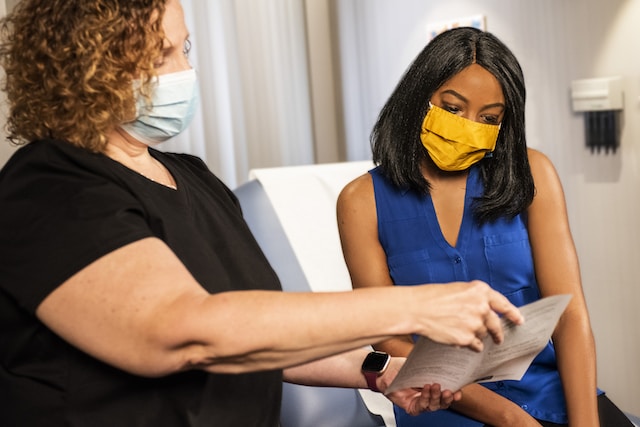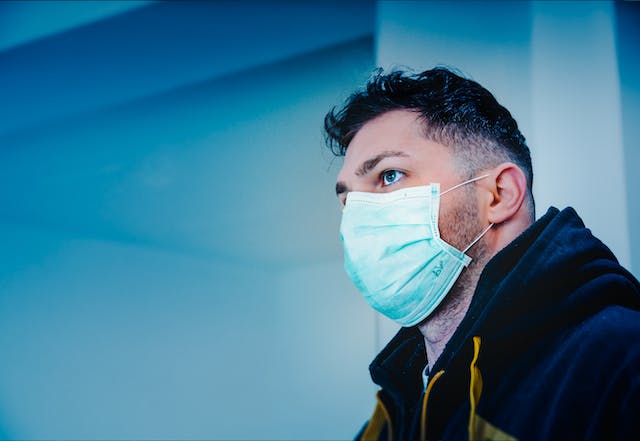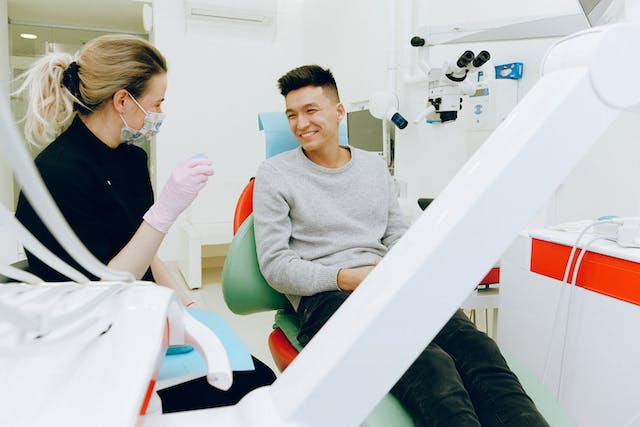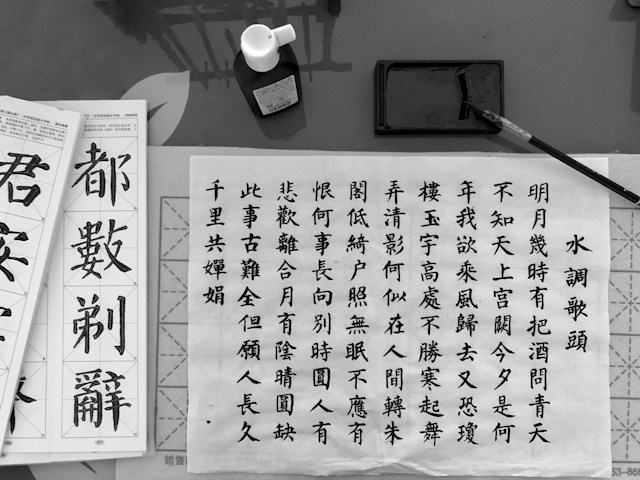Rapid Translate Team
Just like other aspects of the subject, medical translation is fast becoming a mainstream niche in the industry. This type of translation helps patients of different language backgrounds better explain their needs to medical personnel. However, only qualified translators with the necessary skills and credentials can offer this service. So, what is the right medical translator certification to consider?
The National Board of Certification for Medical Interpreters offers one of the most important certifications. Professionals can obtain this certification by taking a written exam. The certification exam assesses their medical knowledge, ethics code, cultural awareness, and knowledge of the source and target languages. This post discusses all there is to know about these certifications.

Table of Contents
Is Medical Interpretation Certification Same as Translator Certification?
While many people are familiar with the term medical interpretation, this is not popular in many areas. People sometimes refer to it as medical translations in other parts of the world. But there are also concerns about the meaning of these terms, especially with their use in certification.
For instance, the similarity between medical interpretation certification and medical translation certification causes a stir. But what’s the difference?
In the medical world, translation is not always the preferred word. Instead, people typically use interpretation. The certifications that validate such professionals usually fall under the umbrella of certification. However, the various credentials available may describe the professionals differently.So, certifications for medical translation are sometimes the same as those for medical interpretation. The National Board of Certification for Medical Interpreters (NBCI) issues credentials that validate both professionals. The Certification Commission for Healthcare Interpreters (CCHI) also issues a Medical Interpreter Certification that validates the translator’s authenticity.
However, translators sometimes require unique certificates from organizations like the American Translators Association. All these certifications affect where someone works as a professional medical translator or interpreter.
How To Get a Medical Translator Certification: All the Requirements and Steps

Since medical translators are crucial members of healthcare teams, becoming one can be rewarding. However, translators must have the necessary credentials to qualify for such roles. While the know-how is always the most important factor, other necessary considerations also matter. So, here are a few steps to getting a certification as a medical translator.
Obtain Your High School Diploma
Unlike translating official documents, you must have a High School Diploma to become a medical translator. In a foreign country, such translators also have an equivalent of a diploma. Since this is a bare minimum, some establishments require higher education levels. For instance, college-level language courses are sometimes an advantage to potential medical translators.
Be Proficient in Several Languages
The most important task for medical interpreters or translators is translating medical terminology and patient information into other languages. This task aims at communicating the concerns and necessary information about the healthcare provision. Translators must be proficient in source and target languages to perform this task.
In this case, fluency in writing and oral proficiency transcends the understanding of the medical terminology. Instead, it covers effectively communicating with patients in both languages of interest. Here, the translator must be capable of communicating medical and treatment information and relaying patient feedback to the doctors.

A Bachelor’s Degree Is a Major Plus
As a professional medical interpreter or translator, additional certificates like a Bachelor’s Degree help boost your pedigree. These certificates also help you get better jobs and flow better with employers. For instance, taking a course in a specific language could be useful when looking for roles in medical translation.
People looking to build careers in medical interpretation can major in areas such as foreign language studies. They can also learn a second language, study linguistics, intercultural communication, and social work. All these subjects help professionals stand out in the field, setting them up on their way to becoming certified.
Complete a Program in Medical Translation
Usually, medical translators or interpreters work with different doctors, including psychiatrists, neurologists, pediatricians, and cardiologists. Because of this, these translators must complete a mandatory Medical Interpreter Training Course before being qualified for certification. This program usually involves at least 40 hours of training, which the translator can complete online or in person.
This course generally borders around the foundations of the subject and a study of medical standards and ethics. It also includes understanding the medical terminology and the medical specifications based on the translator’s field.

Apply for the Translator Certification
Different countries issue different translation certifications for translators across the world. These certifications generally indicate that someone has completed a training course and can work professionally. However, only two organizations in the United States issue these national certifications.
The Certification Commission for Healthcare Interpreters organizes the Core Certified Healthcare Interpreter, CoreCHI exams comprising 100 multiple-choice questions. This exam, usually a computer test, covers the basic aspects of medical translation. This certification validates professionals working with Mandarin, Arabic, Spanish, and other languages. This program involves oral tests in both languages of interest.
The National Board of Certification for Medical Interpreters offers another certification for translators, the Certified Medical Interpreter, CMI. This organization organizes written exams for candidates in a few select languages, including Korean, Spanish, Vietnamese, Russian, Mandarin, and Cantonese.

How To Get a Medical Spanish Translator Certification
A professional can obtain a medical Spanish translator certification from several organizations. One common factor among these organizations is compulsory training, which reinforces their capabilities. To get the necessary certifications, Spanish interpreters or translators must have first-hand knowledge of the language.
In the same vein, both the NBMI and the CCHI conduct exams. These organizations require that the candidates prove their understanding of both languages, as well as other details, such as:
- A high school diploma, and must have taken classes in Spanish.
- Proof of time spent working or studying in a Spanish-speaking country.
- The minimum score on a Spanish proficiency test.
- A certificate that indicates that the candidate completed coursework with classes in Spanish.
After verifying these qualifications, the CCHI will approve the candidate’s application. From there, they must take a written exam which tests their knowledge. The organization also conducts an oral exam that tests the candidates’ performance. These exams border on medical terminology, interactions with professionals, and optimization of accuracy.
Conversely, the NBCMI allows candidates two years to finish the oral assessment after passing the written exam. Candidates must score at least 70% to pass the oral exam and get the certified Spanish medical translator certification. Since English-to-Spanish translations are more common, these resources are more available.
Besides medical translations, there is a growing need for this service in different aspects of different industries. That is why Rapid Translate allows you to optimize your global communication capabilities.
This service is handy when expanding your business, studying abroad, or connecting with others. So, break language barriers and connect your world. Make an order to enjoy the strength of limitless communication today!





